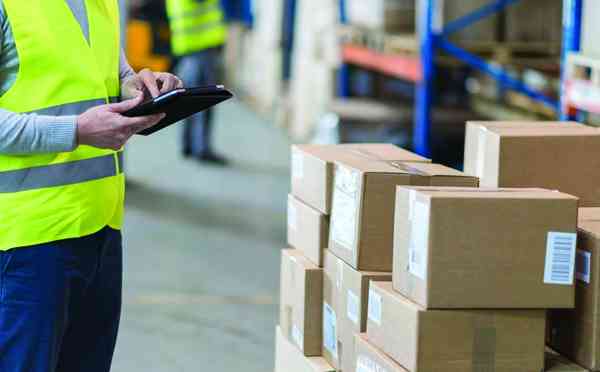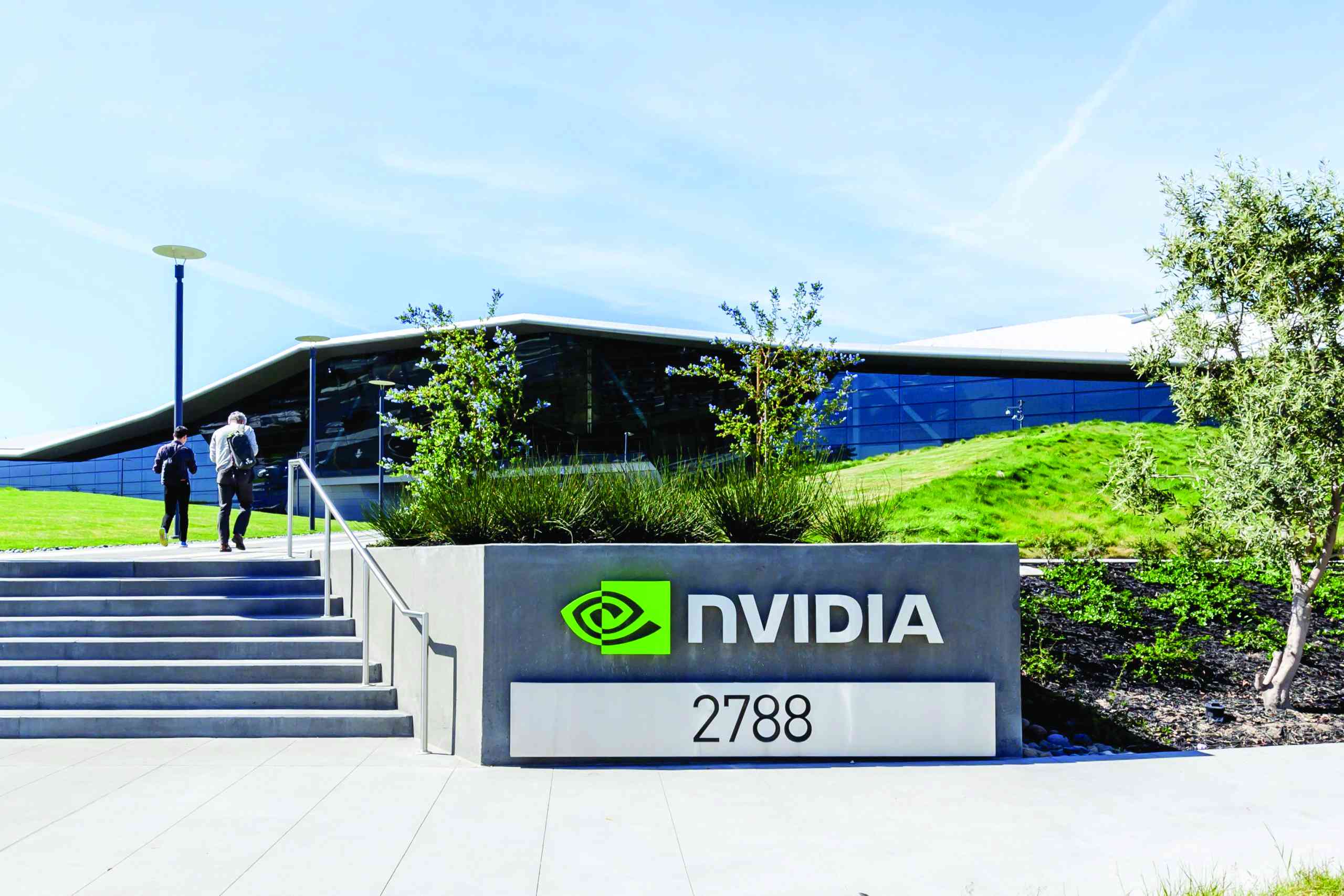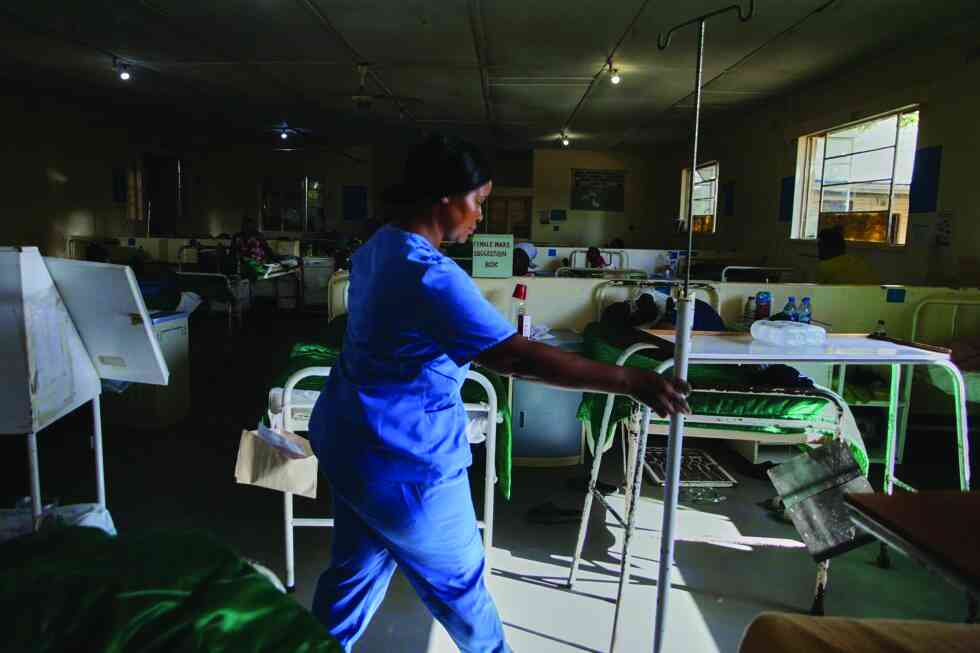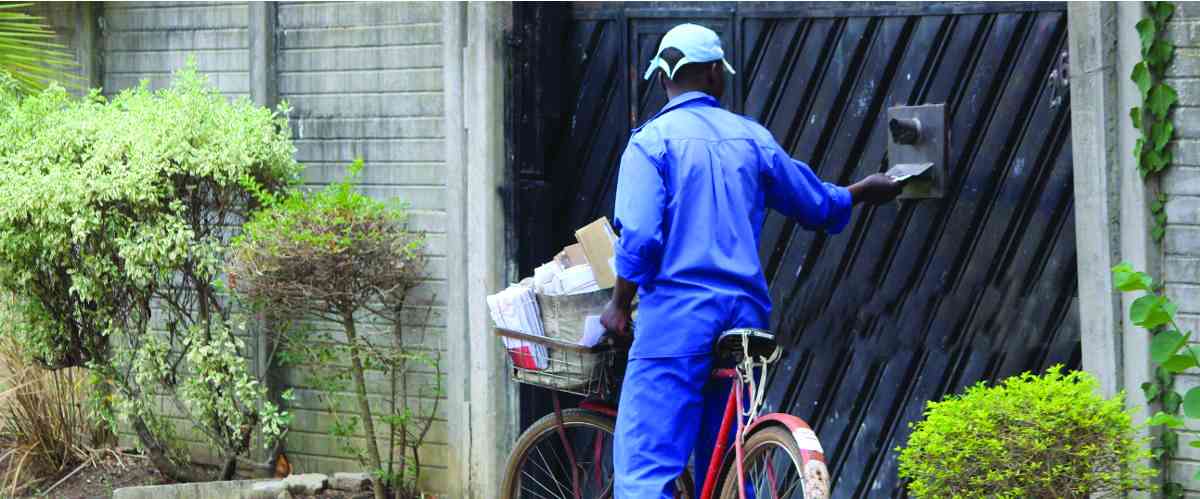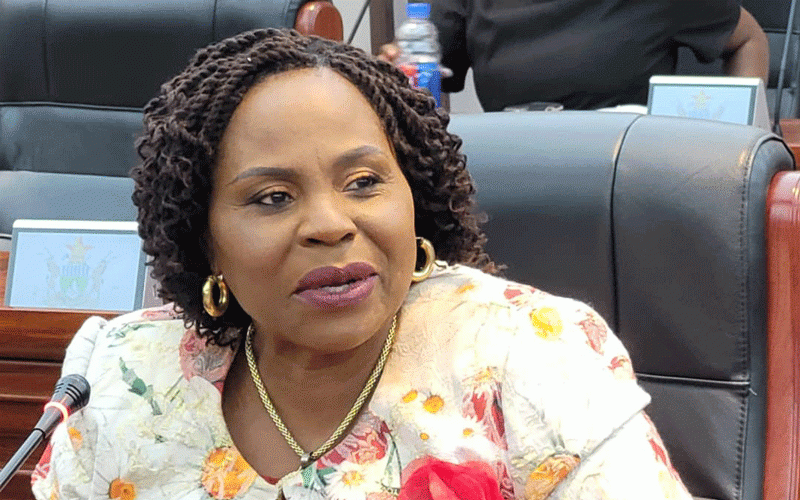
THIS year’s elections in Zimbabwe coincide with the 30th anniversary of the proclamation of World Press Freedom Day (WPFD) by the 48th United Nations General Assembly.
The universal theme for 2023 is: Shaping a Future of Rights: Freedom of expression as a driver for all other human rights, which is instructive on the foundational role of freedom of expression towards societal development.
In reflecting on the intersectionality of freedom of expression and the electoral processes, I thus remember April 14 2023, when I, and together with the Media Institute of Southern Africa (Misa) Zimbabwe Board of Trustees chairperson Cris Chinaka, met the Southern Africa Development Community (Sadc) Electoral Advisory Council (SAEC) in Harare to appraise the mission on this very same delicate intersectionality.
The role of the media and enjoyment of freedom of expression in an election is one of the most critical components to gauge the competitiveness of such a plebiscite.
In this article, 30 years after the UN adopted the WPFD, I reflect on the following seven key issues that will impact significantly on the impending elections — notably: the progress made in the media reforms agenda; the state of the media environment; safety and security of journalists; the surveillance state and access to state media.
Media reform since the 2018
In analysing the current environment and its implications on electoral outcomes, it is key to note the positive steps that were taken, especially as they came as recommendations from the Election Observer Missions (EOM) that took part in the process, including but not limited to the Sadc, African Union (AU), Common Market for Eastern and Southern Africa (Comesa) and the European Union, among others.
I, therefore, note the repeal of the infamous Access to Information and Protection of Privacy Act (Aippa), which was repealed by enacting the Freedom of Information Act in 2020.
- Mavhunga puts DeMbare into Chibuku quarterfinals
- Bulls to charge into Zimbabwe gold stocks
- Ndiraya concerned as goals dry up
- ED heads for Marange
Keep Reading
Further, the country licenced its first-ever historic community radio stations since independence in 2020, with the current number of community radio stations pegged at 14.
The government also licenced six television stations and campus radio stations. This goes a long way in supporting the media ecosystem, which is pivotal in the expression of views and access to information for informed decision-making during an election.
Deteriorating environment
A trend analysis of the statistics by the Reporters Without Borders (RSF) for the past five years shows the contradictions and complexities of the Zimbabwean context in the mix of the bold and progressive steps that were taken.
Out of the 180 countries ranked globally in 2017, the country was at 128. It gained marginally to 126 in 2018 before losing its position by a single point to 127 in 2019.
In 2020, the country was at 126 before perpetually sliding downstream to 130 and 137 in 2021 and 2022, respectively. The reports explain this decline attributing it to the unpredictability of the environment and that the country typically moves one step forward and two steps backward.
Safety and security of journalists
Journalists and media workers bear the brunt of political conflict and a hostile electoral environment. In this regard, it is key to note that in the 2018 elections, Misa recorded 32 local and foreign journalists being attacked, assaulted, harassed and arrested while performing their constitutional duties.
Comparatively in 2022, a pre-election year, Misa recorded 36 cases of violations and attacks on the media, which is a high number compared to the election year of 2018.
In a bid to mitigate these structured attacks on the media, Misa, leading the police-media engagement meetings, toured the country’s 10 political provinces with its alliance partners under the Media Alliance of Zimbabwe, together with the high command of the police, sensitising the police on how to relate with the media.
Misa also took the proactive steps of engaging with the three major political parties, the ruling Zanu PF party, Citizens Coalition for Change (CCC) and the MDC-T. This was so as the bulk of attacks recorded involved the police and political parties.
Equitable coverage
Successive Election Observer Missions (EOMs) converge on the fact that the Zimbabwe Broadcasting Corporation (ZBC) elects to prominently cover the ruling party at the expense of the other competing political formations in the country.
In the 2018 elections, ZBC spent 85% of the aggregate airplay covering the ruling party while the balance was spread among the other political formations.
This notwithstanding, the Sadc Elections Guidelines, the Constitution of Zimbabwe, the Electoral Act and Statutory Instrument 33 of 2008, provide the framework on how the state broadcaster should provide equitable coverage to the political parties as a critical ingredient towards a credible and fair election.
Access to the internet
As the elections draw close, the memories of the last internet shutdown in January 2019 are still lingering when viewed against the statements by senior government officials, such as the one made by the Minister of Information, Publicity and Broadcasting Services, Senator Monica Mutsvangwa, at the Global Internet Governance Forum in Addis Ababa, Ethiopia, in December 2022.
In summary, Mutsvangwa noted that the internet ahead of elections could be shut down on the basis of national security concerns.
This was also buttressed by the Permanent Secretary in the Ministry, Nick Mangwana, on March 14 2023, when he was addressing delegates at the Unesco, International Senior Lawyers Project (ISLP) and Misa regional conference on digital rights in Harare.
The Permanent Secretary noted that the internet would remain on if “there are no attempts to cause insurgency.”
Governments across the continent scapegoat on such broad terms to shut down the internet. In July 2016, the internet was throttled, and in January 2019, Misa had to approach the High Court to end the one-week-long shutdown.
Shutting down the Internet during an election is an attack on the people’s liberties, which are guaranteed in the Constitution, and a violation of the regional and continental instruments such as the African Declaration on Internet Rights and Freedoms, which highlights that the internet is a fundamental human right.
Surveillance and its chilling effects
On November 4 2021, Mutsvangwa, announced the deployment of a "cyber-team that is constantly on social media to monitor what people send and receive".
In the previous year, in March 2020, the now-late army commander, Lieutenant-General Edzai Chimonyo, said the army would start snooping into private communications between citizens to "guard against subversion", claiming that the use of social media posed a threat to national security.
In October 2020, President Emmerson Mnangagwa addressed Zanu PF members at the party headquarters in Harare, where he said that through the use of ICTs, the government had the capacity and ability to track the locations of certain individuals and their communication details.
As the year ended in December 2020, The Citizen Lab Toronto reported that Zimbabwe was also a customer of Circles, a surveillance firm that reportedly exploits weaknesses in the global mobile phone system to snoop on calls, texts, and the location of phones around the globe.
These propositions ahead of elections are problematic given the chilling effects of deploying surveillance tools without judiciary oversight.
This exposes citizens of the country to various insecurities that compromise the constitutionally provided right to privacy.
It is not in dispute that rights can be limited as stated in terms of Section 86 of the Constitution.
Fundamental rights and freedoms set out in the Constitution may be limited only in terms of a law of general application and to the extent that the limitation is fair, reasonable, necessary and justifiable in a democratic society based on openness, justice, human dignity, equality and freedom, taking into account all relevant factors.
Principle 8 of the African Declaration on Internet Rights and Freedoms, which focuses on privacy and personal data protection also provides that:
“The right to privacy on the Internet should not be subject to any restrictions, except those that are provided by law, pursue a legitimate aim as expressly listed under international human rights law, (as specified in Article 3 of this Declaration) and are necessary and proportionate in pursuance of a legitimate aim”.
Conclusion
As we commemorate the 30th anniversary of WPFD, under the theme that aptly captures the centrality of freedom of expression in the enjoyment of other rights, we call upon the government of Zimbabwe to build on the progress highlighted earlier on.
The government should resist the temptation of springing new clawback laws such as the Private Voluntary Organisations Amendment Bill, and amendment of the Criminal Law (Codification and Reform) Act, to criminalise engagement with foreign nationals without government approval.
The government should urgently amend the Cyber and Data Protection Act (2021) to align it with the Constitution and regional and international best practices.
- Moyo doubles as the regional director for Misa Regional Secretariat and national director for Misa Zimbabwe. — [email protected] or visit www.misa.org

